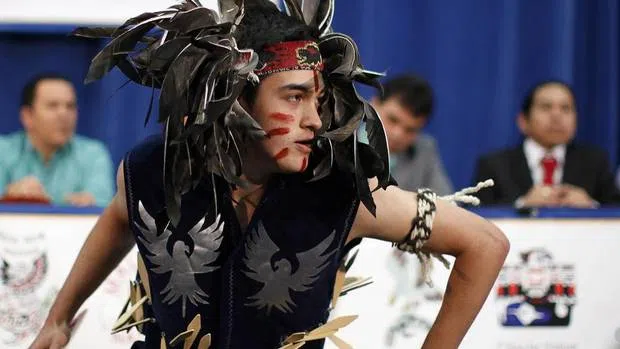
BC Treaty Commission aims for more First Nations deals with expedited process
VANCOUVER — The head of the independent agency that facilitates treaty negotiations between Canada, B.C., and First Nations in the province says at least eight of 33 bands could be nearing agreements next year.
Celeste Haldane, the BC Treaty Commission’s acting chief commissioner, says 65 First Nations representing over half the bands in the province are participating in or have completed the treaty process.
However, only eight bands have reached agreements since 2007, when the Tsawwassen First Nation ratified a deal that meant it was no longer subject to the federal Indian Act.
The treaty more than doubled the size of the Tsawwassen reserve south of Vancouver and provided members with millions of dollars in economic benefits that allowed it to develop its land, which includes a mall that opened this month showcasing indigenous art.


